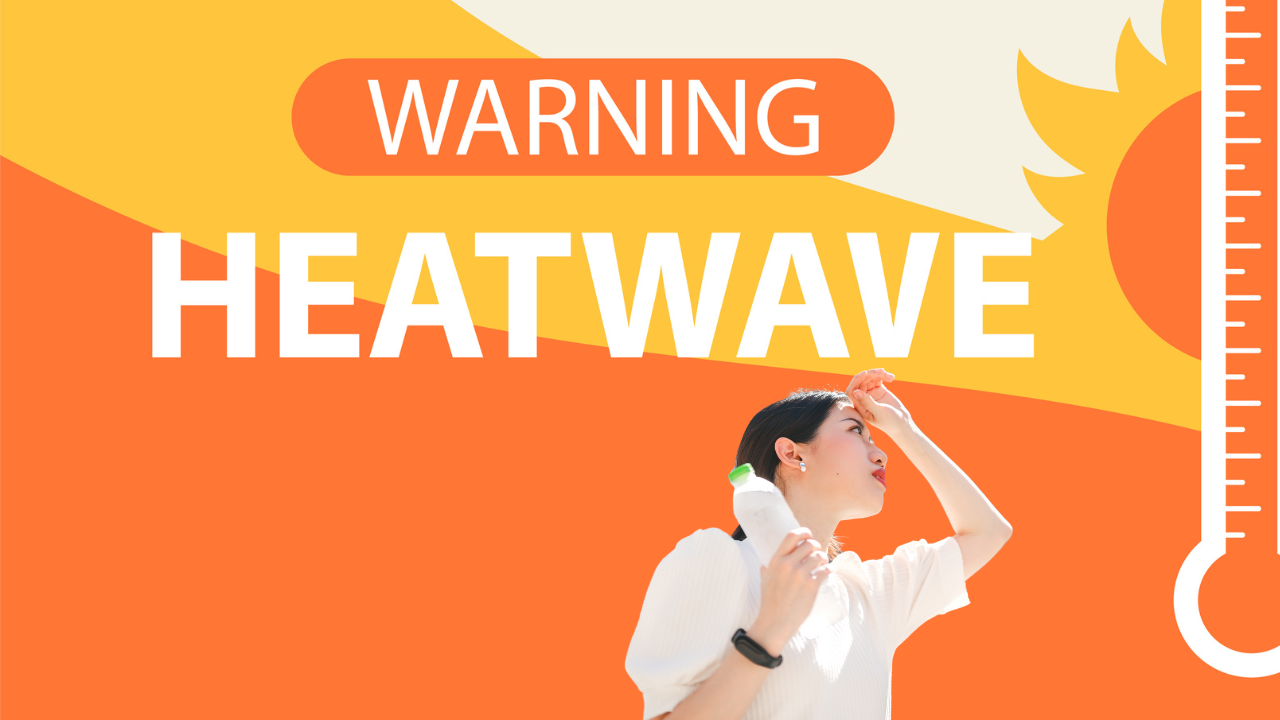Heat Waves Can Harm Your Body In Ways Worse Than Smoking Or Drinking, Study Reveals

Credits: Health and me
SummaryExtreme heat exposure can accelerate biological aging, weakening organs and tissues similarly to smoking or drinking. Older adults, outdoor workers, and rural residents are most at risk. Over time, repeated heat waves may increase susceptibility to cardiovascular disease, diabetes, and cognitive decline, highlighting the urgent health implications of rising global temperatures.
End of Article
